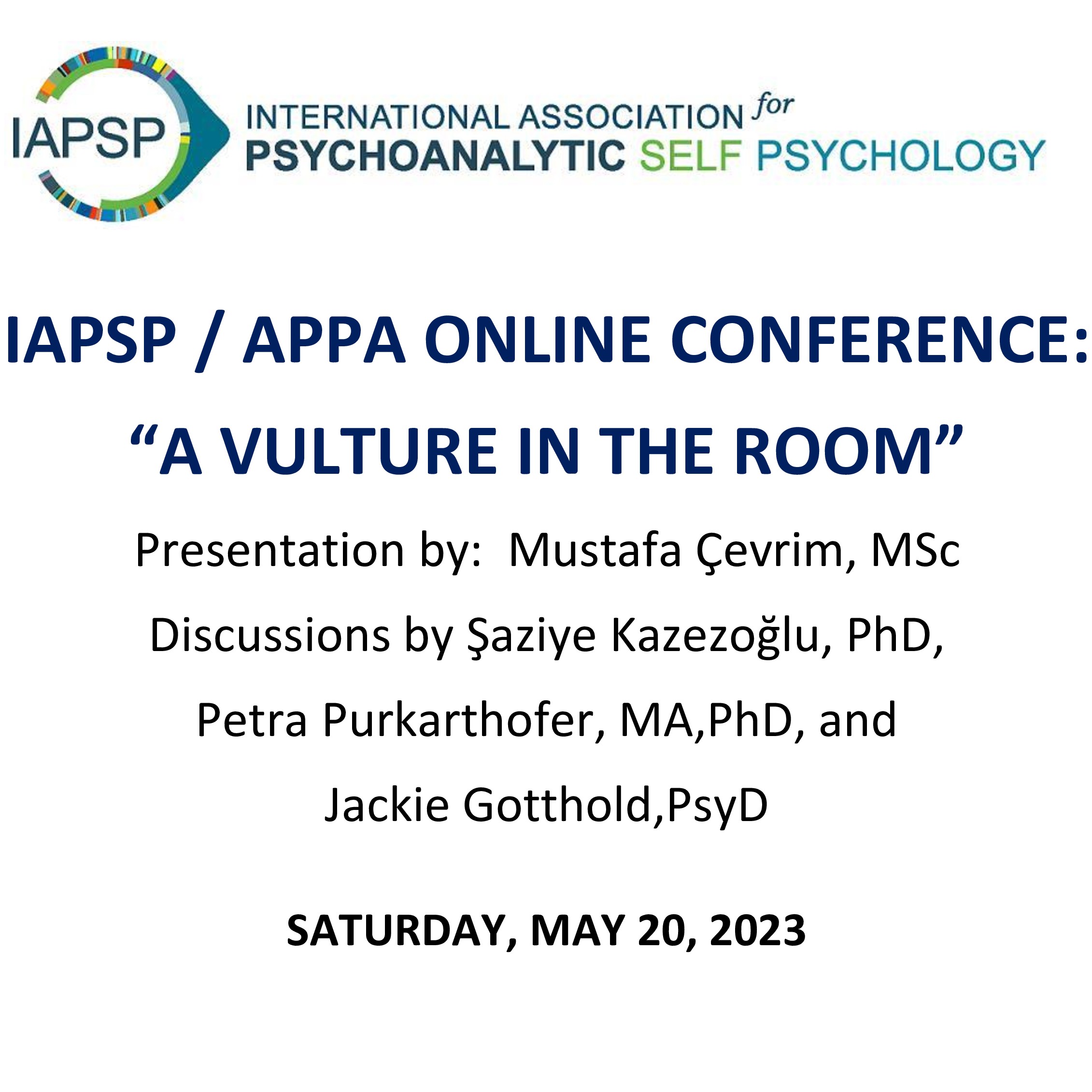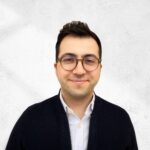IAPSP with our Turkish Colleagues
1st International Online Mid-Year Conference:
Presentation of: “The Vulture in the Room”
About the Program:
This presentation illustrates how twinship in the life stories of the therapist, Mustafa Çevrim our presenter, and patient can facilitate or hinder the therapeutic process. “If I’m not competent enough⦔ is the common organizing principle of the patient’s and the therapist’s life experiences. The issue of “competence” was in the air from the day of the first meeting Mustafa had with his 37-year-old female patient, Eva. The therapist’s struggle with competence turned into a “vulture” in the eyes of the patient and landed in the therapy room. Beaten, raped, and run over by a car, would Eva now be hunted by a vulture?
Şaziye Kazezoglu, one of our three discussants, contextualizes her discussion with another “vulture;” the destruction of solidarity after the earthquake disaster covering approximately one third of Turkey. Ever present in our therapy sessions is the agony Turkish therapists and patients share for the people who were left to die under the rubble by this “vulture.”
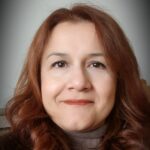
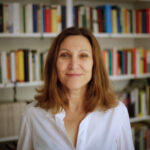
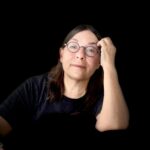
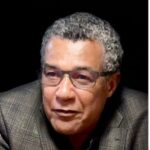
About the Speakers:
Mustafa Cevrim received his Masters degree in psychology from Middle East Technical University (METU) in 2017. Currently, he is a Ph.D. candidate writing a dissertation on the fantasies of adopted adults.
Mustafa has completed the distance learning program of the Institute for the Psychoanalytic Study of Subjectivity (IPSS) and continues his training and supervision at the Anatolian Psychoanalytic Psychotherapies Association (APPA) in Ankara, where he is also a board member. He is a member of the Turkish Psychological Association and the International Association for Psychoanalytic Self Psychology. Mustafa is currently in private practice in Ankara, Turkey.
Saziye Kazezoğlu, PhD is a psychiatrist in private practice in Ankara,Turkey. Şaziye graduated from Ankara University Faculty of Medicine in 2000 and from the Psychiatry Department of Kırıkkale University Faculty of Medicine in 2006. After joining the Anatolian Psychoanalytic Psychotherapy Association (APPA) in 2013, she expanded her education regarding self psychology. She maintains her membership with the APPA and has become a member of their administrative board. Şaziye is currently interested in temperament, attachment theory and developmental psychopathology as well as intergenerational and intercultural effects in psychoanalytic approach.
Petra Purkarthofer, MA, PhD. is a trained psychoanalyst and member of the Vienna Circle for Psychoanalysis and Self Psychology (VSPSP). Petra works as a psychotherapist in private practice and as a lecturer in Political Science and International Development at the University of Vienna. Petra also currently benefits from the Early Career Professional scholarship awarded by IAPSP.
Jackie Gotthold, PsyD, is a faculty member, supervisor and training analyst at the Institute for the Psychoanalytic Study of Subjectivity. Additionally, she is a faculty member and supervisor for the Minnesota Institute for Contemporary Psychotherapy and Psychoanalysis.
A longtime member of the International Association of Psychoanalytic Self Psychology (IAPSP), Jackie established the child and adolescent initiative and serves on the International Council. Jackie is also a member of the International Association of Relational Psychoanalysis and Psychotherapy (IARPP), where she serves on the board of the child and adolescent interest group. Jackie practices in New York City, treating children, adolescent and adults.
Arthur A. Gray, PhD, CGP, is honorary member, faculty, supervisor, and Coordinating Committee member at the Institute for the Psychoanalytic Study of Subjectivity (IPSS); faculty/supervisor at the Postgraduate Psychoanalytic Society’s Group Therapy Department, and Adelphi University; Council Member of the International Association for Psychoanalytic Self Psychology (IAPSP); Institute Committee of the American Group Psychotherapy Association; and on the editorial board of Psychoanalytic Inquiry. He consults and supervises online internationally with individuals and groups. His published articles apply self psychology and subjectivity theory to individual, couples, group, and supervision. He has a specific interest in how improvisation informs the therapeutic process. In private practice in New York City, Arthur treats adults using individual, couples, and group psychoanalysis and psychotherapy.
Learning Objectives:
At the conclusion of this presentation, attendees will be able to:
- Discuss how twinship in the life stories of the therapist and the patient can facilitate or hinder the therapeutic process.
- Describe how the therapist’s internal issues may lead to an impasse.
- Identify how with empathic-introspective inquiry and attuned responsiveness, the patient’s experience can be transformed into a metaphor and used as a therapeutic tool.
Selected References:
Doctors, S. R. (2017). Brandchaft’s pathological accommodation—what it is and what it isn’t. Psychoanalysis, Self and Context, 12(1), 45–59. doi:10.1080/15551024.2017.1251184
Stern, D. B. (2013). Relational freedom and therapeutic action. Journal of the American Psychoanalytic Association, 61(2), 227–256. doi:10.1177/0003065113484060
Togashi, K. (2014). A sense of “being human” and twinship experience. International Journal of Psychoanalytic Self Psychology, 9(4), 265–281. doi:10.1080/15551024.2014.947676
Psychologists: IAPSP is approved by the American Psychological Association to sponsor continuing education for psychologists. IAPSP maintains responsibility for this program and its content.
Social Workers: IAPSP is an approved New York State Education Department Continuing Education Provider, with #SW-0232
Attendance will be confirmed by online reports.Credit will not be granted to registrants who are more than 15 minutes late or depart more than 15 minutes early from the session.
IMPORTANT DISCLOSURE INFORMATION FOR ALL LEARNERS:All presenters and planners of this activity have informed us that they do not have a conflict of interest and have disclosed that they have no relevant financial relationship with any commercial interests pertaining to this educational activity. Additionally, the presenters have been instructed to disclose any limitations of data and unlabeled or investigational uses of products during this presentation. This presentation will not contain any references to off-label (non-FDA approved) use of products or devices.
